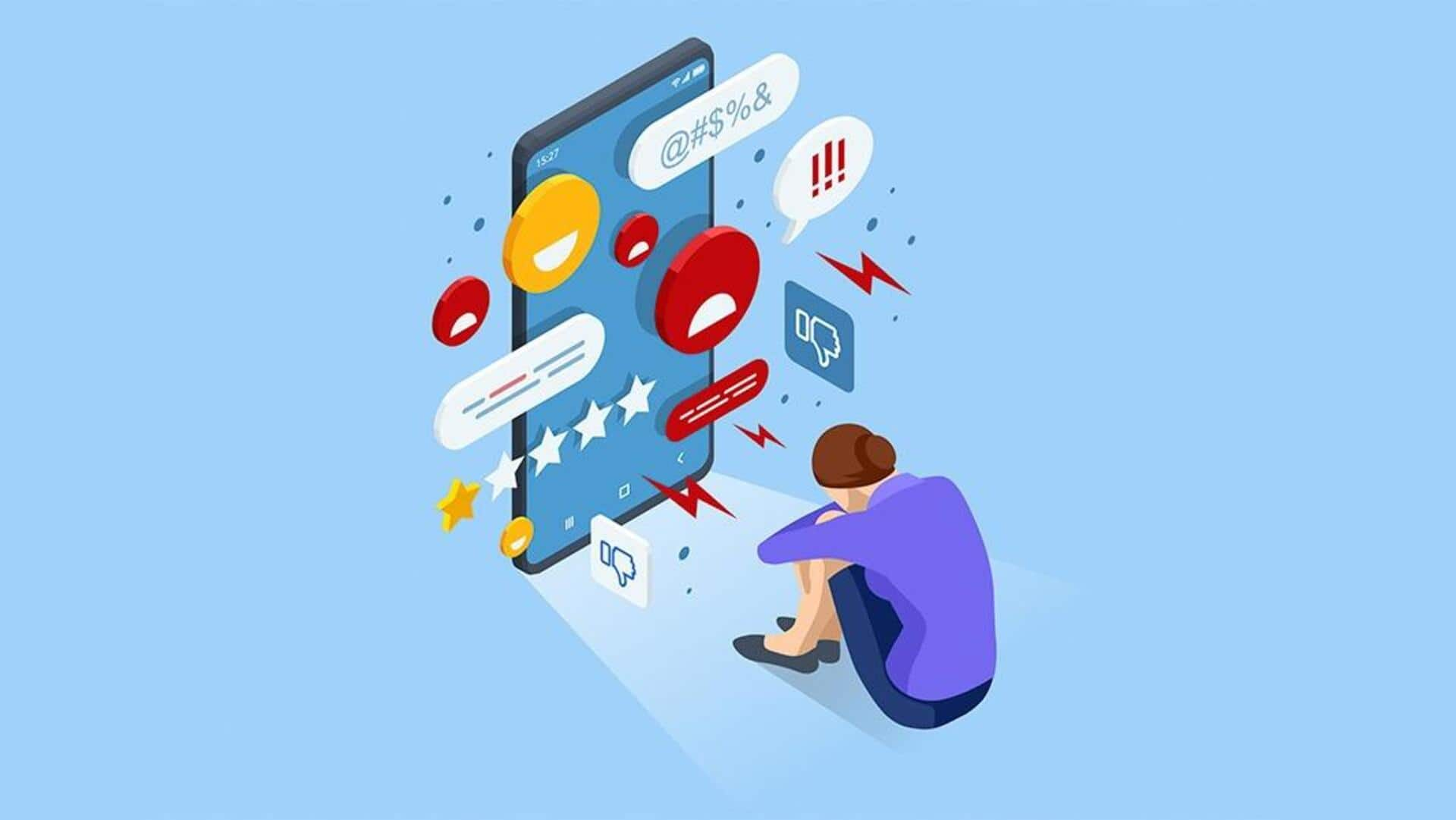
Why your social media feed feels toxic—and who's behind it
What's the story
A recent study has found that a small number of highly active users are responsible for the toxic atmosphere on social media. The research, led by New York University psychology professor Jay Van Bavel, shows that these "super-users" create an exaggerated and distorted image of society online. This is similar to how a funhouse mirror distorts reflections.
Online influence
Just 10% of users drive most political tweets
The study found that a small percentage of users, the so-called "super-users," dominate online conversations. These users are responsible for most of the political tweets and other contentious content on social media platforms. For instance, on X (formerly Twitter), just 10% of users are responsible for about 97% of political tweets. This disproportionate influence skews public perception and creates an illusion of widespread anger or hatred among people.
Digital distortion
How social media algorithms amplify extreme voices
The study also highlights how social media algorithms amplify these extreme voices. Designed to maximize engagement, these algorithms promote content that is surprising or divisive, further distorting our shared perception of reality. This leads to a situation where even moderate users may feel compelled to exaggerate their beliefs or repeat outrageous narratives for attention and approval.
User agency
Users can take back control, study says
Despite the toxic dynamics, users can take back some control by curating their feeds and resisting outrage bait. In a series of experiments, participants who unfollowed the most divisive political accounts on X reported feeling less animosity toward other political groups. Nearly half of them even chose not to refollow those hostile accounts after the study ended.